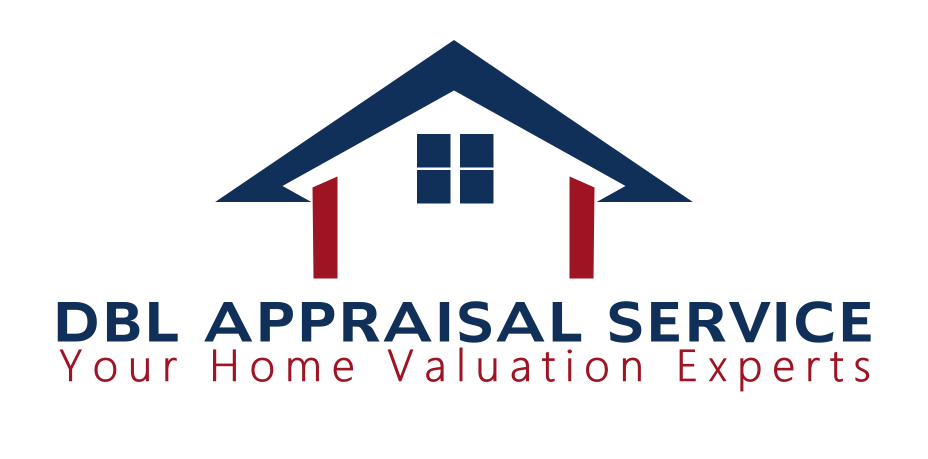APPRAISER ETHICS

By and large, appraising is a long term career. The rigors of becoming a licensed appraiser have increased more than ever in the past. That’s why it goes without question in this day and age that real estate appraisal can certainly be considered a profession as opposed to a trade. As with any profession we have a strict ethical code.
The appraiser’s primary obligation is to their client. More often than not, in residential practice, the appraiser’s client is the lender ordering the appraisal, and often the appraisal is ordered by a third party the lender has brought in to maintain independence. Consequently, appraisers have certain duties of privacy to their clients, plus many rules and regulations to which we must adhere. As a homeowner, if you want a copy of the appraisal document, you generally should obtain it via your lender and not the appraiser.
Other obligations include accurate sums appropriate to the scope of the assignment, reaching and sustaining a respectable level of competency and education, and naturally, the appraiser must bear a professional demeanor. Here at Braswell Mountain Appraisals, we take these ethical responsibilities very seriously.
Appraisers will regularly be required to consider the interests of third parties, including homeowners, both sellers and buyers, or others. Generally the third parties are explicitly defined in the appraisal report. An appraiser’s fiduciary responsibility is restricted to those third parties who the appraiser knows, based on the scope of work or other things in the framework of the order.
Appraisers also have standards outside of boundaries of clients and others. For example, appraisers must keep their work files for at least five years – at DBL Appraisal Service you can rest assured that we adhere to that rule.
When working on an assignment, we follow the highest ethical standards possible. Accepting orders where our fee is dependent on our value conclusion is never an option. In other words, we don’t agree to do an appraisal report and collect payment on the contingency of the loan closing. There’s certainly a conflict of interest if an appraiser can report an unsubstantiated value with the reward of getting paid more money!

Finally, the Uniform Standards of Professional Appraisal Practice (or simply “USPAP”) also defines a violation in ethics as accepting of an assignment that is contingent on “the reporting of a pre-determined result (e.g., opinion of value)”, “a direction in assignment results that favors the cause of the client”, or “the amount of a value opinion” in addition to other situations We diligently follow these rules to the letter which means you can rest easy knowing we are doing everything we can to get you an accurate home or property value.
When you engage DBL Appraisal Service, we’ll make sure you’re getting the professional service you deserve along with the business principles for which we’re known.
